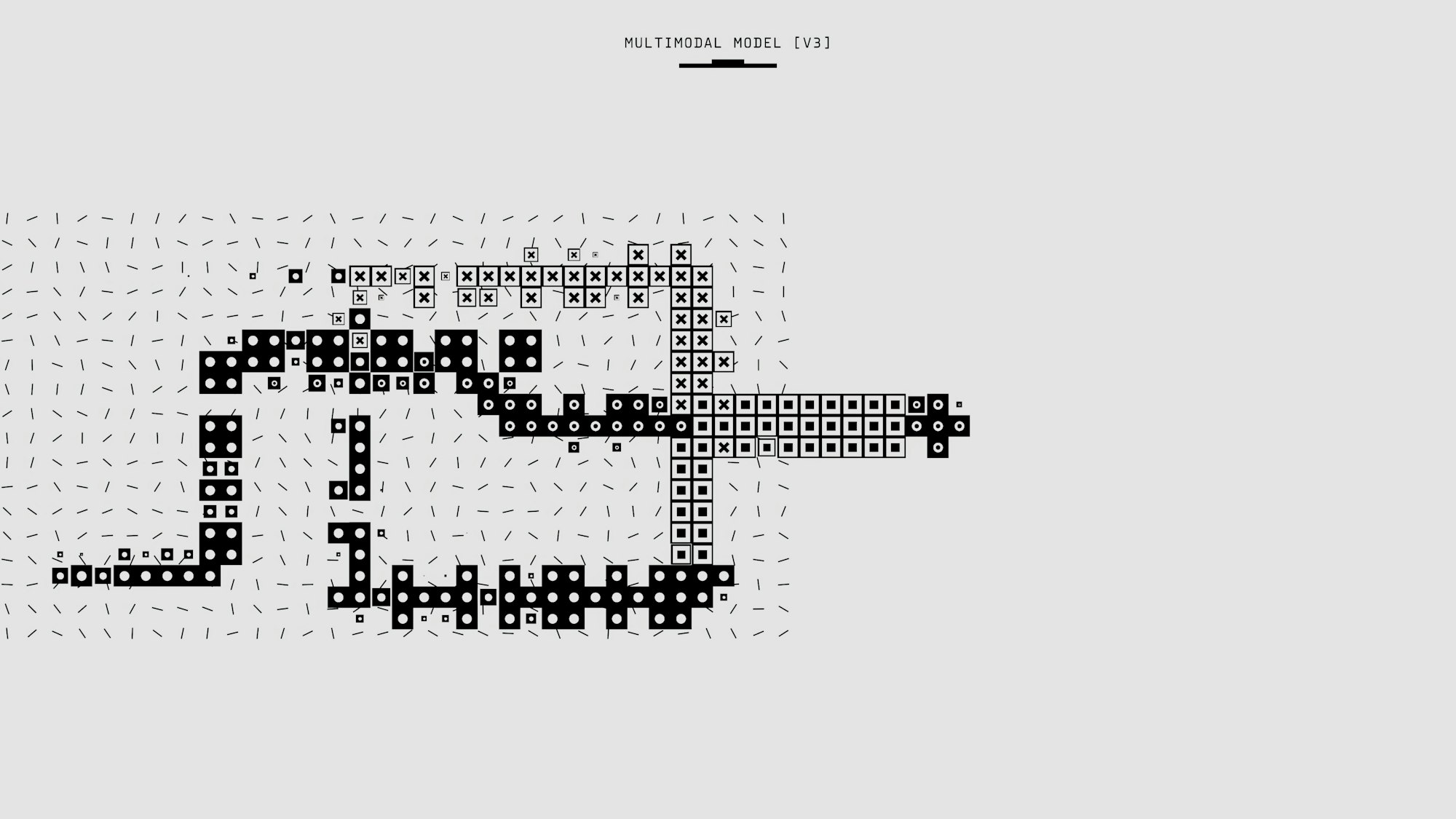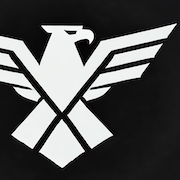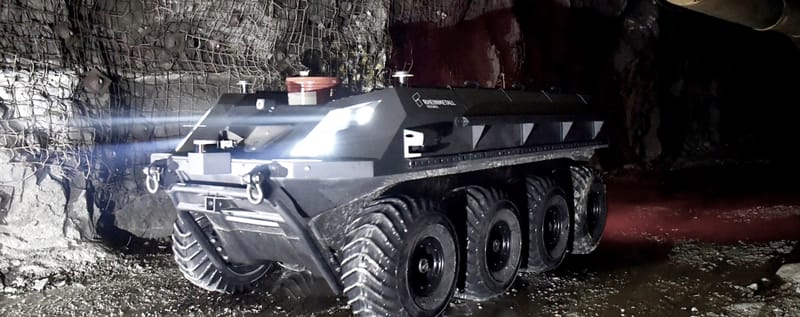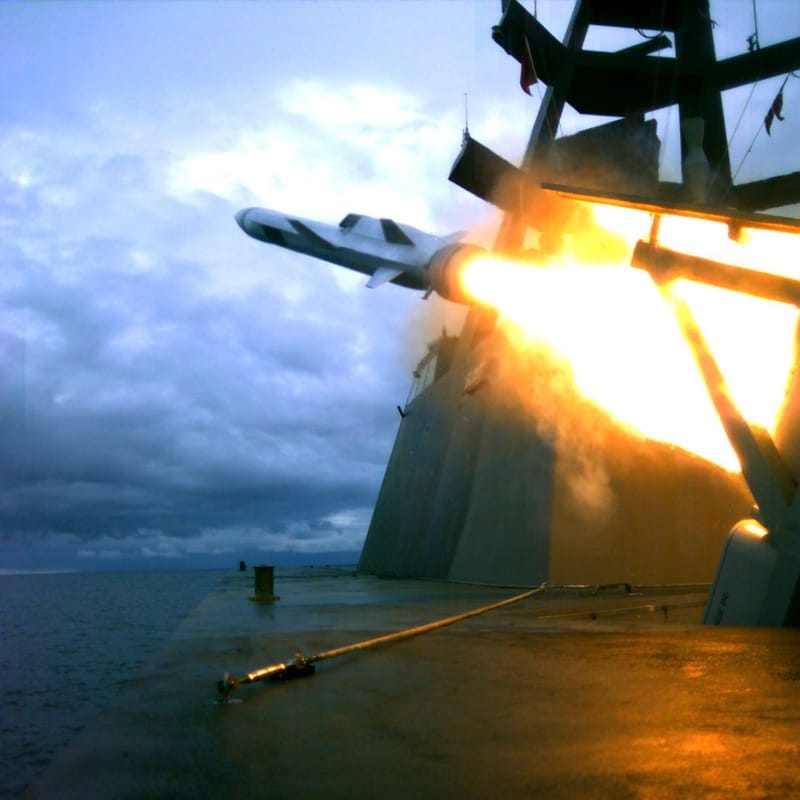AI Defense Firms Collaborate to Dominate Pentagon Tech Sphere
Palantir, Anduril, Shield AI, OpenAI, Booz Allen, and Oracle recently unveiled partnerships to align their technologies with military applications, supported by legislative and institutional efforts to accelerate AI adoption.

A new wave of collaboration among leading AI firms—including rivals—signals a shift in the defense industry, as software firms vie for dominance over traditional contractors in serving Pentagon needs. Palantir, Anduril, Shield AI, OpenAI, Booz Allen, and Oracle recently unveiled partnerships to align their technologies with military applications, supported by legislative and institutional efforts to accelerate AI adoption.
Key Collaborations
- Palantir & Anduril: Collaborating on battlefield data integration, combining Palantir’s Maven program capabilities with Anduril’s Lattice platform for drone swarming and real-time analysis.
- Palantir & Shield AI: Expanding partnerships to integrate Shield AI’s autonomous systems with Palantir’s Warp Speed data platform for better operational oversight.
- Anduril & Oracle: Utilizing Oracle’s cloud infrastructure to enhance battlefield data analysis and develop hybrid-propulsion aircraft with Archer.
- Palantir & Booz Allen Hamilton: Developing AI tools for logistics, autonomous systems, and defense innovation.
Legislative Support
The 2025 National Defense Authorization Act (NDAA) emphasizes AI and data infrastructure for military purposes:
- Section 1532: Expands high-performance computing for AI training.
- Section 236: Deepens private-sector partnerships.
- Section 1521: Pushes for modernizing data-sharing standards in military systems.
- Section 233: Mandates AI-based strategies for organizing and processing data.
The act also includes stringent reporting requirements to ensure progress and accountability.
Pentagon Restructures Acquisition
Defense Innovation Unit (DIU) Director Doug Beck emphasized the need to revamp Pentagon acquisition methods. Instead of rigidly defined requirements, the Department of Defense should provide a broader “demand signal” in areas like AI, autonomy, and biotech, allowing companies to innovate freely and bring solutions to the Pentagon.
This strategy benefits firms like Anduril, which proactively develops and battlefield-tests products without waiting for Pentagon contracts. Beck highlighted that strict definitions of program requirements risk stifling innovation. Instead, flexible approaches encourage competition and accelerate the deployment of critical technologies.
New Oversight Efforts
The Pentagon’s Chief Digital and Artificial Intelligence Office (CDAO) and DIU have launched an AI rapid capabilities cell to streamline testing and adoption of generative AI. The CDAO is also tasked with implementing NDAA directives, including the synchronization of data standards and modernization of military systems. These efforts aim to enable seamless integration of AI technologies into command structures, weapon systems, and sensor networks.
As the CDAO’s current chief, Radha Plumb, prepares to depart in January, her successor will oversee these critical changes. Meanwhile, private AI firms are increasingly aligned on data strategies and reporting standards, making them indispensable partners for the Pentagon.
Growing Industry Influence
Palantir’s recent market cap surpassing that of Lockheed Martin underscores the software industry’s growing dominance. Palantir CEO Alex Karp recently declared, “This is the software century, and we intend to take the entire market.”
Observers describe this alignment of AI firms as an emerging “AI military-industrial complex.” With executives like Palantir CTO Shyam Sankar reportedly set to lead Pentagon research efforts under the next administration, private AI firms appear well-positioned to influence U.S. defense policy and procurement strategies.
As these partnerships solidify, they may dictate the future of defense technology procurement, potentially reshaping the traditional defense landscape while challenging long-established contractors to adapt.
Related stories on AI in Defense here on Grosswald.org:






